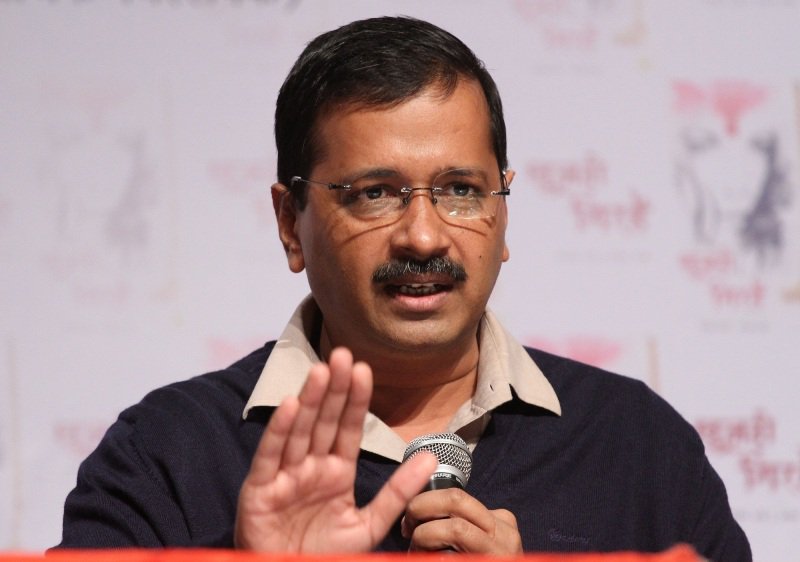Tech Barriers: Investigating Delhi's Cyber Threats
Amid bomb threats targeting Delhi schools, hospitals, and airports, VPNs and proxy servers hinder police investigations. Former Delhi Chief Minister Arvind Kejriwal criticized the lack of progress. Efforts to obtain sender information from service providers face challenges due to VPNs' anonymity capabilities, highlighting legal and logistical roadblocks in India's cyber law framework.

- Country:
- India
More than 100 schools in Delhi faced chaos as bomb threats poured in over the last nine days, creating significant challenges for law enforcement. The Delhi Police, grappling with these threats since May, encountered obstacles due to VPNs and proxy servers hindering their investigations.
Cyber law experts point to inadequate legal frameworks as contributing to delays in obtaining crucial information from VPN service providers. Former Delhi Chief Minister Arvind Kejriwal has criticized the police for the lack of progress in resolving these alarming threats affecting airports, hospitals, and airlines alongside educational institutions.
Authorities continue to struggle with tracing the origins of these emails, as VPNs mask real IP addresses, raising questions about the efficacy of current cyber laws amid such sophisticated criminal tactics. Experts call for enhanced international cooperation and advanced forensic tools to address these cyber threats effectively.
(With inputs from agencies.)
ALSO READ
Kaspersky Forecasts 2025 Cybersecurity Trends: AI Integration, Privacy Evolution, and Emerging Threats
Germany Strengthens Cybersecurity Amid Rising Sabotage Threats
Hyderabad to Host Google's Only Cybersecurity Hub in APAC Region
TAC InfoSec: Achieving Cybersecurity Milestone Across Global Markets
FCC Proposes Enhanced Cybersecurity Certification Amid 'Salt Typhoon' Threats










